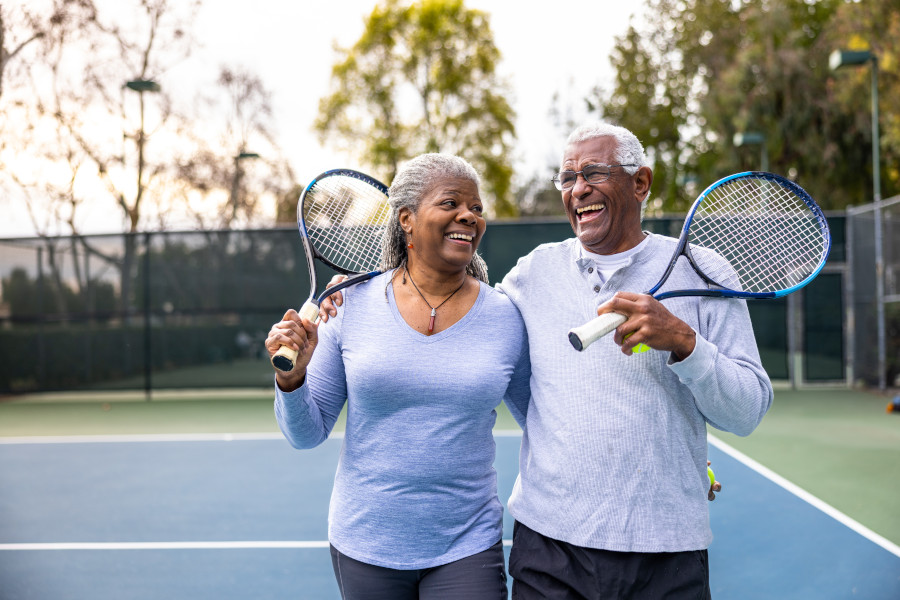
There is a large amount of long-established research which shows that participation in sports has many positive physical, mental, psychological, and social benefits that are critical to the optimal development of youth. More recent evidence demonstrates that sports can play a vital role in an individual’s development not only during their youth, but across their lifespan and throughout adulthood into their later years. It has long been recognized that playing a sport can help adults manage the physical effects of aging by staying fit and in shape. However, researchers are now discovering that participating in sports during middle or late adulthood can help individuals navigate the difficult emotional challenges and disruptions that come with major life events such as getting married, having children, relocating, losing a job, retiring, or ending a meaningful relationship. Momentous events such as these often shape how individuals develop throughout their adult years and require people to adapt to difficult circumstances as they try to re-establish balance and normalcy in their lives. Recent studies suggest that participating in sports can provide individuals with social connections and a network of support that can help them regain their footing after experiencing an event that permanently changes their life.
Mason researchers study the role of sport participation in helping individuals adapt to major life transitions
Faculty from George Mason University’s School of Sport, Recreation, and Tourism Management (SRTM) recently conducted a study on how participation in sports contributes positively to a person’s continued growth across the lifespan by helping them develop coping mechanisms and adaptation abilities in response to significant milestones and life events they experience. The study consisted of interviews with 15 volunteers ranging in age from 50 to 80 years old, with the majority being between 50 and 65 years old. All had reported playing sport at some point during their lives. Among the questions, study volunteers were asked to describe major life events they had experienced and to elaborate on the role participating in sport played during that time. Supplementing the interviews, volunteers completed a chart in which they numerically rated the importance attached to certain milestones they had lived through such as going to college, getting married, having children, getting divorced, and other turning points in their personal histories. In addition, they provided a chronological listing of the sport they remembered playing from early childhood through the present.
An analysis of the responses recorded during the interviews showed that a major reason the study volunteers participated in a sport was to develop social connections and establish a support system with others who shared a common love of the sport. Study results also indicated that many of the volunteers viewed sport participation as a coping strategy which provided a setting where social support could thrive.
Sport offers resources that help older adults
The authors of the study concluded that for people who have fond memories of past sport experiences and team-mates with whom they played, the “familiar rhythms of sport participation” can offer a comfort zone and help in managing the feelings of disruption and loss that ensue following a major life event. Researchers characterized sport as a “resource caravan” offering individuals opportunities for social support and interaction, vigorous but enjoyable physical activity, reductions in anxiety, and the stability of finding camaraderie among others who share the same interest in recreation and sport. The authors emphasized that people continue to develop throughout their lifespan beyond their youth and that sport participation can positively impact this process by helping individuals through life transitions. Researchers recommend that future research should focus on how community-based sport programs can be designed to meet the needs of older adults in facilitating their successful adaptation to life event transitions.
To learn more about how sports can help people adapt to major life changes at all ages, read this article by faculty from George Mason University’s School of Sport, Recreation, and Tourism Management (SRTM). The Sport Management program at SRTM offers opportunities to explore a variety of subfields—sport management, coaching, sport and American culture, sport and conflict resolution, sport and computer game design, and sport analytics. We invite you to visit the Mason website for more information on our degree offerings and certificate options.
